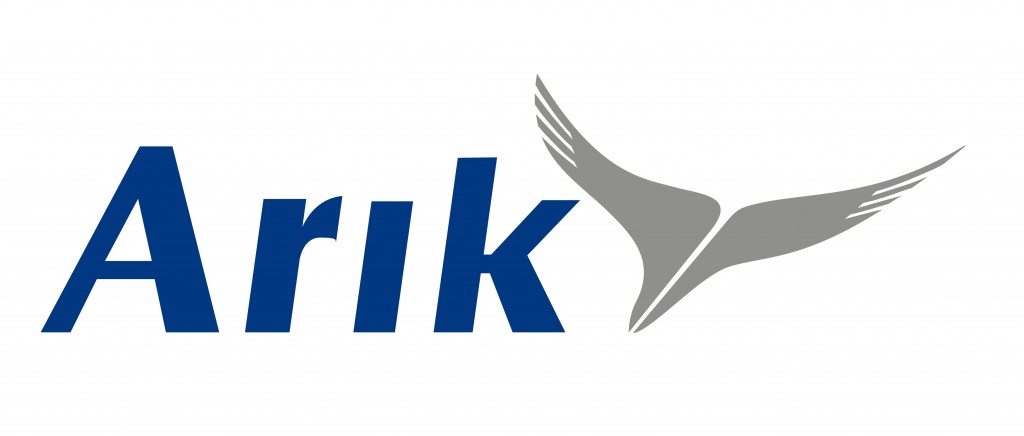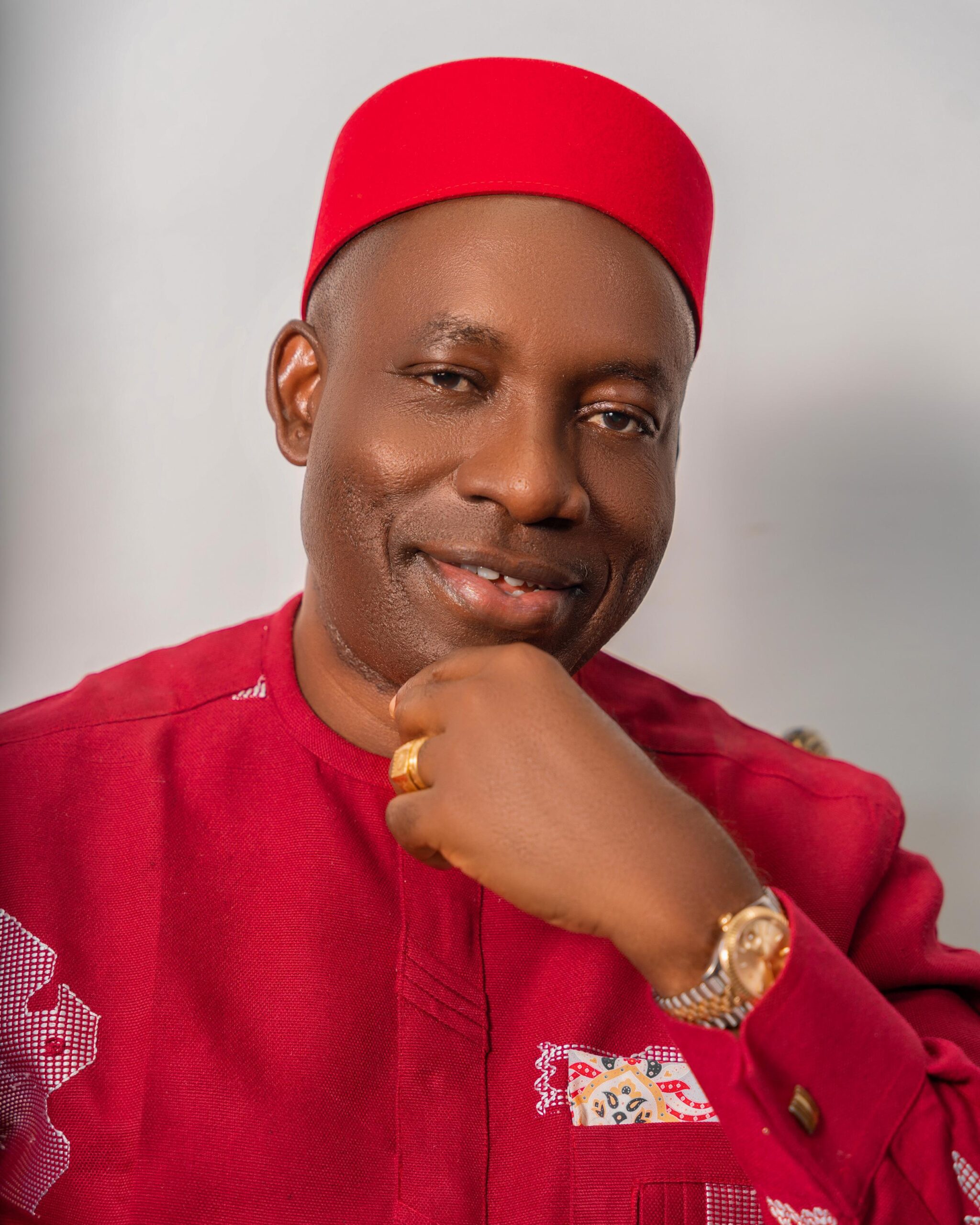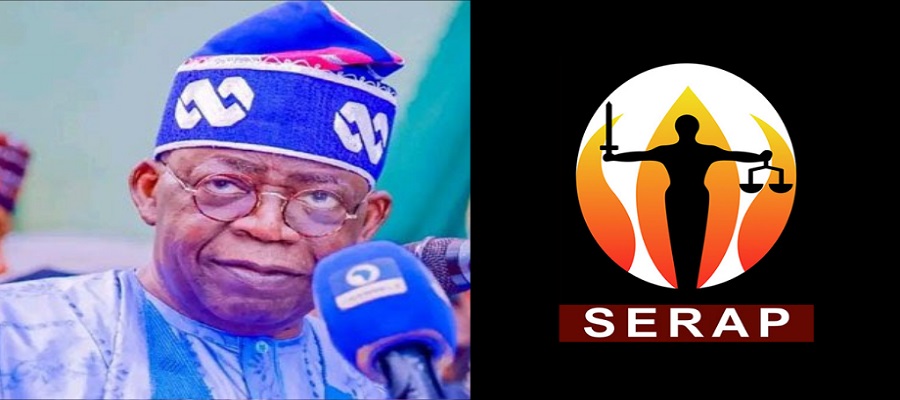News
FG Names 15 Terrorism Financiers, BDCs

Federal government said that it has uncovered the identity of 15 entities, including nine individuals and six Bureau De Change operators and firms, allegedly involved in terrorism financing.

On Monday, March 18, 2024, the Nigeria Sanctions Committee met and recommended sanctions for their involvement in terrorism financing.
The Nigerian Financial Intelligence Unit (NFIU) in a statement on Tuesday accused a Kaduna-based publisher, Mr Tukur Mamu, of being involved in financial terrorism.
The media entrepreneur is currently being tried by the federal government for allegedly aiding the terrorists who attacked the Abuja-Kaduna train in March 2022, according to Punch.
“The Attorney General of the Federation, with the approval of the President, has thereupon designated the following individuals and entities to be listed on the Nigeria Sanctions List,” a part of the statement titled Designation of Individuals and Entities for March 18, 2024 read.
Punch quoted the NFIU as saying that Mamu “participated in the financing of terrorism by receiving and delivering ransom payments over the sum of $200,000 US in support of ISWAP terrorists for the release of hostages of the Abuja-Kaduna train attack.”
The document said one of the individuals is “the suspected attacker of the St. Francis Catholic Church Owo, Ondo State on June 5, 2022, and the Kuje Correctional Center, Abuja on July 5, 2022.”
Another was described as “a member of the terrorist group Ansarul Muslimina Fi Biladissudam, the group is associated with Al-Qaeda in the Islamic Maghreb.
“The subject was trained and served under Muktar Belmokhtar, aka One Eyed Out, led Al-Murabtoun Katibat of AQIM in Algeria and Mali.”
The NFIU said the individual “specialises in designing terrorist clandestine communication code and he is also an Improvised Explosive Device expert.
“The subject was also a gatekeeper to ANSARU leader, Mohammed Usman aka Khalid Al-Bamawi. Equally, he was a courier and travel guide to AQIM Katibat in the desert of Algeria and Mali. He is into carpentry. The subject fled the Kuje Correctional Centre on July 5, 2022. He is currently at large.”
Another was identified as “a senior commander of the Islamic State of West Africa Province Okene.”
The agency said, the individual “came into the limelight in 2012 as the North Central wing of Boko Haram.
“The group is suspected of the attacks carried out around Federal Capital Territory and the South West Geographical Zone, including the June 5, 2022 attack on St. Francis Catholic Church, Owo, Ondo State.”
Another was described as “a financial courier to ISWAP Okene. She is responsible for the disbursement of funds to the widows/wives of the terrorist fighters of the group.”
According to the document, another of the individuals “in 2015, transferred N60m to terrorism convicts.”
He was also said to have “received a sum of N189m between 2016 and 2018.”
The same person is said to “own entities and business reported in the UAE court judgment as facilitating the transfer of terrorist funds from Dubai to Nigeria.”
Another individual was said to have “received a total of N57m from between 2014 and 2017.”
Another was said to have “had a total inflow of N61.4 bn and a total outflow of N51.7bn from his accounts.”
The document further revealed that under Section 54 of the Terrorism (Prevention and Prohibition) Act, 2022, institutions and individuals are required to:
“(a) immediately, identify and freeze, without prior notice, all funds, assets, and any other economic resources belonging to the designated persons and entities in your possession and report same to the Sanctions Committee;
“(b) report to the Sanctions Committee any assets frozen or actions taken in compliance with the prohibition requirements.
“(c) immediately file a Suspicious Transactions Report to the NFIU for further analysis on the financial activities of such an individual or entity; and
“(d) report as a Suspicious Transactions Report to the NFIU, all cases of name matching in financial transactions before or after receipt of this List. ”
It said “The freezing obligation required above shall extend to
“(a) all funds or other assets that are owned or controlled by the designated persons and entities, and not only those that are tied to a particular act, plot, or threat of terrorism or terrorism financing;
“(b) those funds or other assets that are wholly or jointly owned or controlled, directly or indirectly, by designated persons or entities;
“(c) the funds or other assets derived or generated from funds or other assets owned or controlled directly or indirectly by designated persons or entities; and
“(d) funds or other assets of persons and entities acting on behalf of, or at the direction of designated persons or entities.”
News
EFCC Witness Admits Writing Off Arik Air’s $2.3M Debt Amid N76Bn Fraud Trial


News
Anambra Shines in 2025 E-Governance Rankings, Setting National Standards

Anambra State has once again demonstrated its leadership in digital transformation, emerging as one of Nigeria’s top three states in the 2025 e-Governance Report published by the Panorama CIAPS Governance Performance Index (CGPI).

According to the report — a collaborative effort between Nigerian Panorama and the Commonwealth Institute of Advanced Professional Studies (CIAPS) — Anambra ranks alongside Lagos and Enugu as the leading states in adopting and implementing e-governance practices that foster accountability, transparency, and improved service delivery.
In his remarks, Professor Anthony Kila, Director of CIAPS, emphasized the importance of e-governance in shaping how governments interact with citizens. “The centrality of e-governance allows us to assess the performance of state governments in the country. How the government treats the digital world says a lot about them,” he said.
The report evaluated states based on a comprehensive set of criteria, including website security, up-to-date content, public engagement, availability of online services, policy updates, and user accessibility. Anambra’s performance reflects the state’s deliberate investment in digital infrastructure and its commitment to leveraging technology as a tool for inclusive governance.
Reacting to the recognition, the Managing Director/CEO of the Anambra State ICT Agency, Chukwuemeka Fred Agbata, CFA, described the report as a welcome validation of the efforts being made under the leadership of Prof. Charles Chukwuma Soludo, CFR, to reposition Anambra as a liveable and prosperous smart mega-city.
“This is not just about being tech-savvy,” Agbata said. “It’s about using digital tools to create real impact — making the government more accessible, responsive, and transparent. Anambra is building a digital future that works for everyone.”
The CGPI Report recommended that all states intensify efforts to train public servants, maintain digital platforms effectively, and build user-friendly systems that keep citizens informed and empowered. For Anambra, this recognition serves both as a milestone and a motivation to scale new heights.
As the journey continues, Anambra remains focused on setting the pace for e-governance in Nigeria in line with the Governor’s mantra of Everything Technology & Technology Everywhere.
News
SERAP Urges National Assembly to Reject Tinubu’s $24Bn Loan Request Over Debt Concerns

Socio-Economic Rights and Accountability Project (SERAP) has urged the National Assembly to reject the Tinubu administration’s request to borrow $24 billion, warning that the move would significantly deepen Nigeria’s debt crisis.

In a statement posted on its official X account, the advocacy group warned that the proposed borrowing would raise Nigeria’s total debt stock to an estimated ₦183 trillion—an amount it described as “clearly not sustainable and not in the public interest.”
“The National Assembly must immediately refuse to approve the Tinubu administration’s request to borrow $24 billion,” the group said. “The growing national debt is not sustainable and not in the public interest.”
SERAP expressed concern over the heavy burden of debt servicing, which it said is already consuming a substantial portion of government revenue, leaving little room for critical public investment.
Nigeria’s total public debt is projected to surpass ₦180 trillion following the president’s latest loan request. The borrowing plan includes a proposal for over $21.5 billion in external loans, which equates to ₦33.39 trillion at the official exchange rate of ₦1,590 per dollar. The administration is also seeking approval for a domestic bond issuance worth ₦757.9 billion to settle outstanding pension liabilities.
President Tinubu said the 2025–2026 borrowing plan targets key sectors such as infrastructure, healthcare, education, water supply, security, and employment generation. He noted that the plan is also intended to cushion the economic impact of fuel subsidy removal.
The total loan request comprises $21.5 billion, €2.19 billion, and 15 billion Japanese Yen, alongside a €65 million grant. Tinubu assured lawmakers that the funds would be directed toward development projects across all 36 states and the Federal Capital Territory, with emphasis on rail networks, healthcare infrastructure, and poverty alleviation programs.
On pension-related borrowing, the president explained that the proposed bond issuance is aimed at clearing backlogs under the Contributory Pension Scheme. The measure, he added, has already received approval from the Federal Executive Council and is expected to improve retirees’ welfare, restore trust in the pension system, and inject liquidity into the economy.
Nigeria’s public debt has surged in recent years, rising by 48.6% in 2024 to ₦144.66 trillion—up from ₦97.34 trillion in 2023. The Federal Government accounts for 95% of that total.

 E-Financial2 days ago
E-Financial2 days agoEFCC Recovers over N20Bn Stolen by Hackers from 6 Banks in Nigeria

 Telecom2 days ago
Telecom2 days agoEngr. Ikechukwu Nnamani Receives Two Prestigious @ABoICT Awards

 Telecom2 days ago
Telecom2 days agoFG to Deploy 80 Percent of 7000 Telecom Towers to North

 E-Financial2 days ago
E-Financial2 days agoUBA Launches *919# Advance Top-Up Feature for Instant Access to Customers

 News2 days ago
News2 days agoEFCC Recovers Funds, Arrests Suspects in N1.3 Trillion CBEX Crypto Fraud

 E-Financial2 days ago
E-Financial2 days agoPonzi Scheme Operators Risk N10m Penalty, Others- IST Chair

 E-Financial2 days ago
E-Financial2 days agoCourt to Deliver Judgment in NIBSS’ Suit against CBN, Others over BVN Database Management

 Telecom2 days ago
Telecom2 days agoSBTS Group CEO Evelyn Lewis Named Among Nigeria’s Top 50 Digital Economy Leaders for Youth-Focused Tech Initiatives


























